Understanding Pawn Movement in Chess
Chess, a game replete with strategic depth and complexity, involves various pieces each governed by unique rules of movement. Among these pieces, the pawn may appear simple, but it has unique capabilities that can significantly influence the gameplay. This article explores whether pawns can move sideways in chess, detailing the standard movement rules and exceptions related to this distinct piece.
Basic Movement Rules for Pawns
Pawns are unique in how they move compared to other chess pieces. Initially placed on either the second rank (for White) or the seventh rank (for Black), pawns have the following movement characteristics:
- Forward Movement: Pawns move forward one square, but they cannot move backwards.
- Initial Two-Square Move: On their first move, pawns have the option to move forward two squares. This is allowed only from their initial positions.
Can Pawns Move Sideways?
The straightforward answer is no; pawns cannot move sideways. Their primary direction of movement is straight ahead, towards the opponent's side of the board. The inability to move sideways or backward makes positioning pawns strategically crucial since they can steadily advance but cannot retreat or shift laterally under normal circumstances.
Exceptions and Special Moves Involving Pawn Movement
Capture by Pawns
Although pawns cannot move sideways, they do capture in a unique fashion which deviates from their standard forward movement. Pawns capture diagonally, one square forward to the left or right. This is the only scenario in which a pawn can change its straightforward path and move in a different direction.
En Passant
One of the most interesting pawn movements is the en passant capture. This rule comes into play when a pawn moves forward two squares from its original position and lands beside an opponent's pawn. The opponent's pawn can capture it as it passes, moving diagonally to where it would have landed if it had moved only one square forward. This special move must be made immediately after the initial two-square advance, or the opportunity is lost.
Promotion
When a pawn reaches the opposite end of the board from its starting position, it gets promoted. This means it can be exchanged for a queen, rook, bishop, or knight, according to the player’s choice. This is often a pivotal moment in chess games, dramatically altering the balance of power. Technically, this isn't a sideways movement, but it does represent a significant deviation from the pawn's usual role and capabilities.
Strategic Importance of Pawn Movement
Despite their limitations in movement, pawns play a crucial tactical and strategic role in chess. They form structures that protect more valuable pieces and control key areas of the board. Their forward march can create threats and open lines for other pieces. Effective pawn management can often be the difference between victory and defeat in chess.
Conclusion
In summary, while pawns do not move sideways as part of their regular movement, their ability to capture diagonally offers a layer of complexity in how they maneuver and interact with other pieces. Understanding these rules is essential for developing strategic play in chess. Mastery of pawn movement and strategy can often underpin the broader battle tactics and outcomes in this timeless game.
Explore our large collection of luxurious chess sets!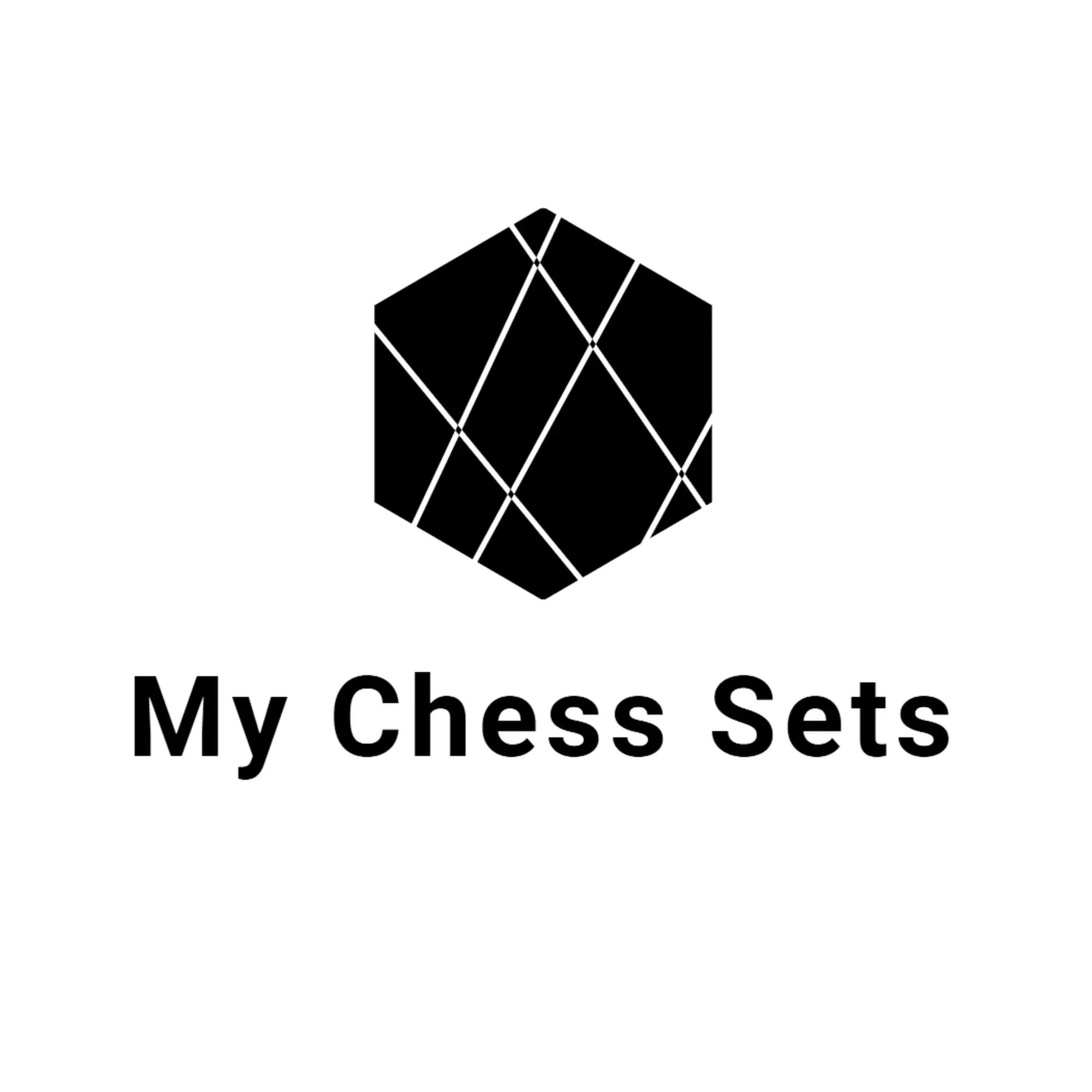
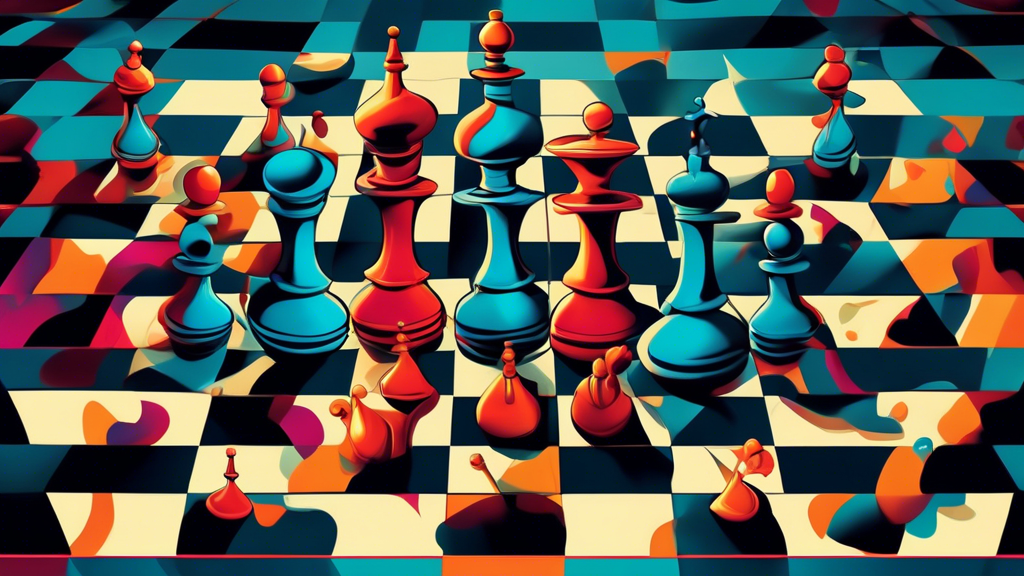
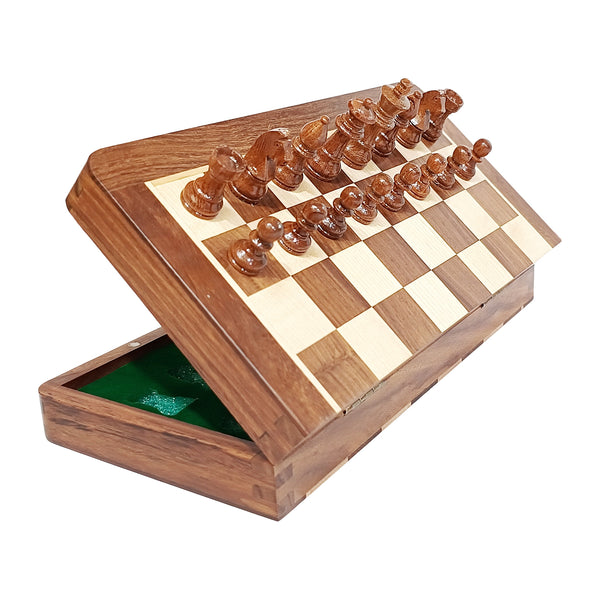

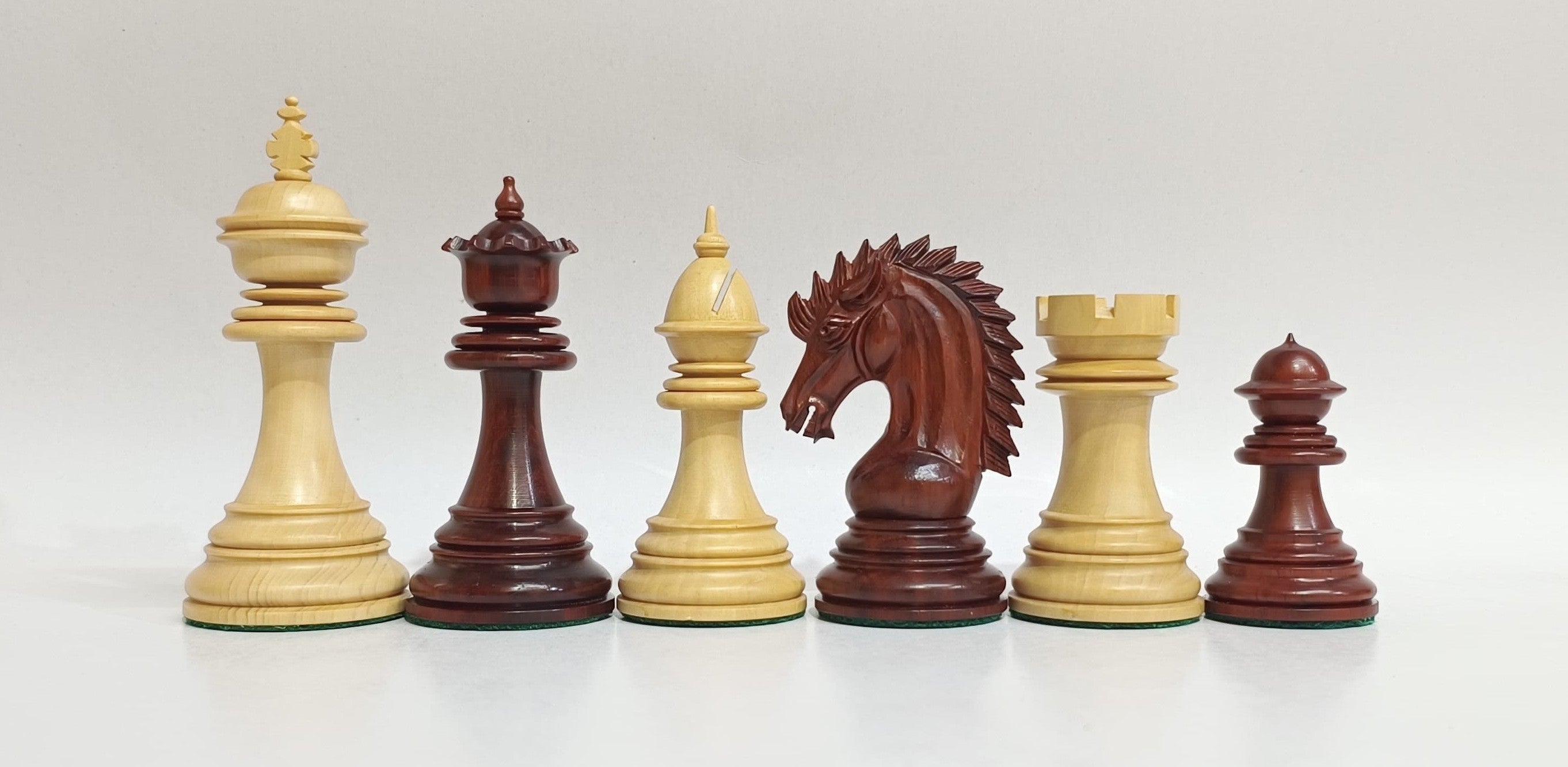
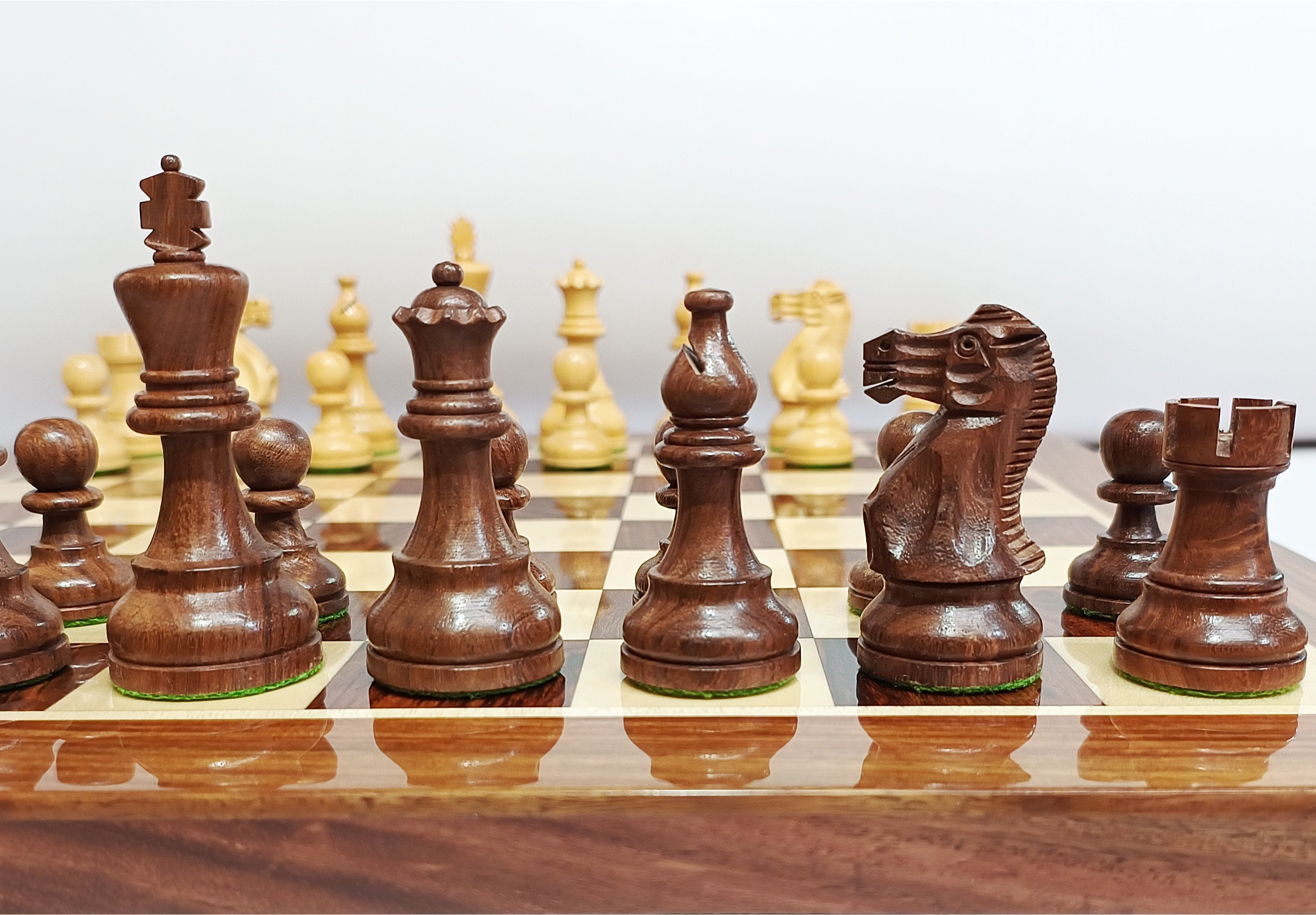
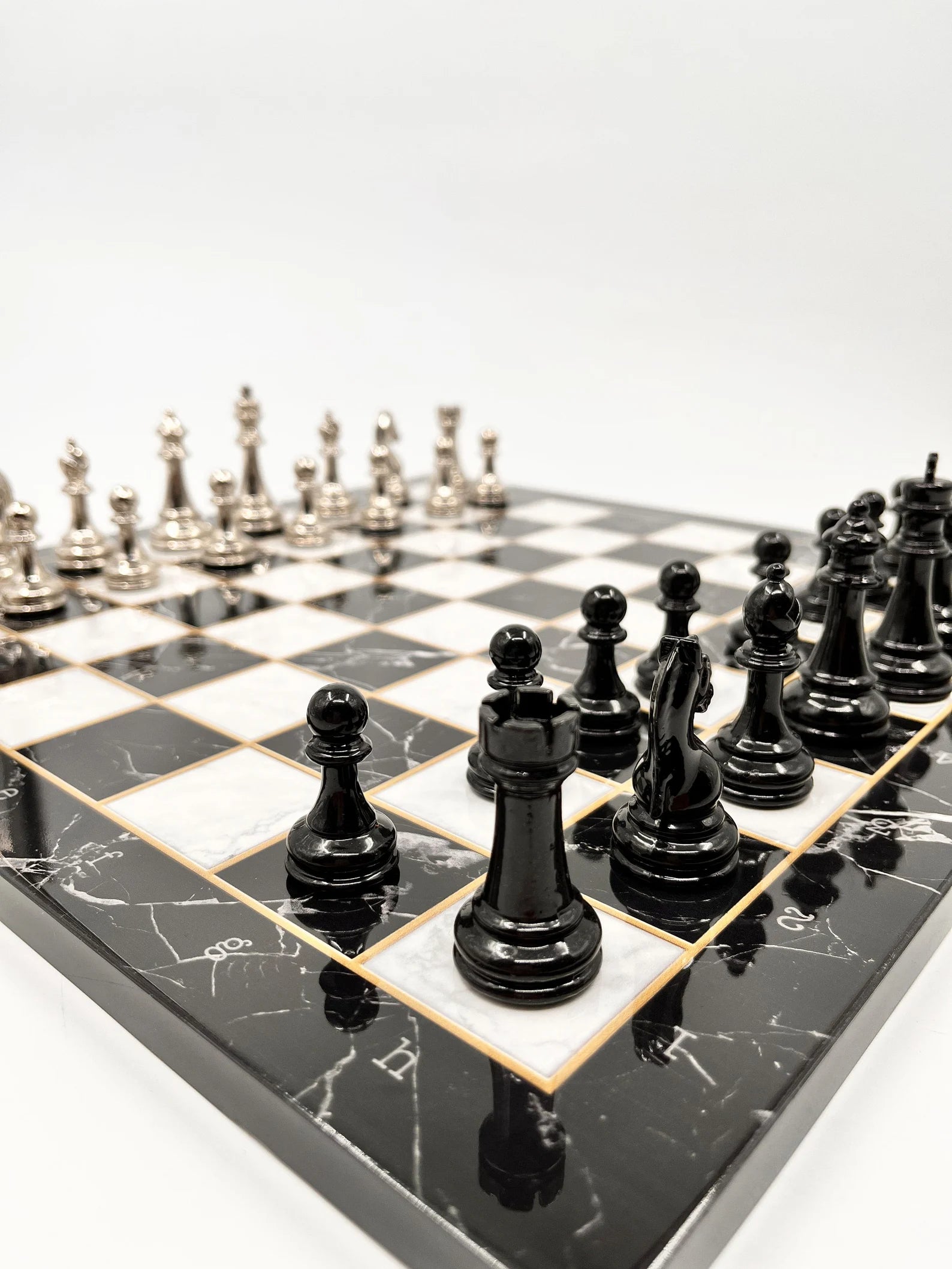
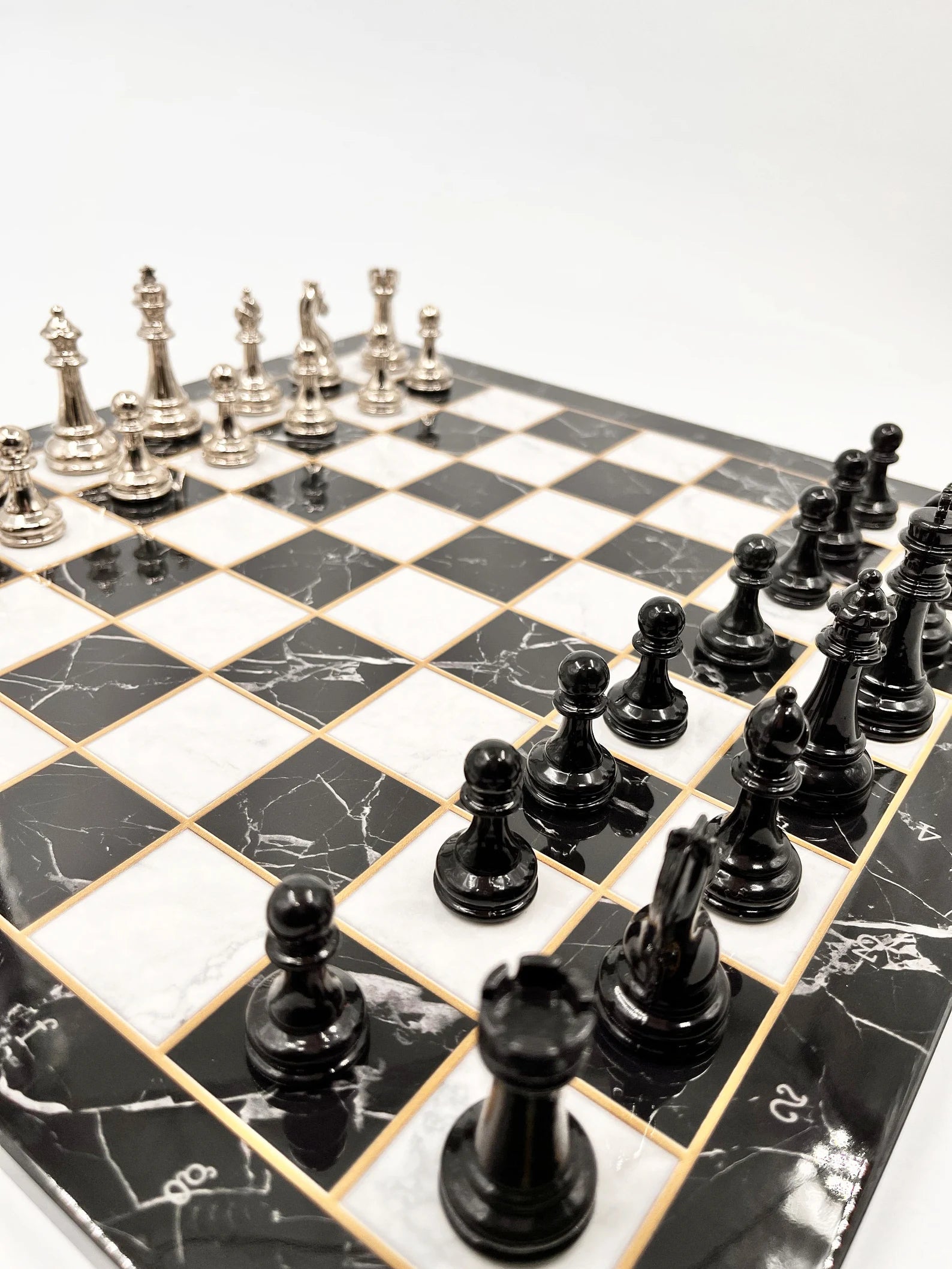
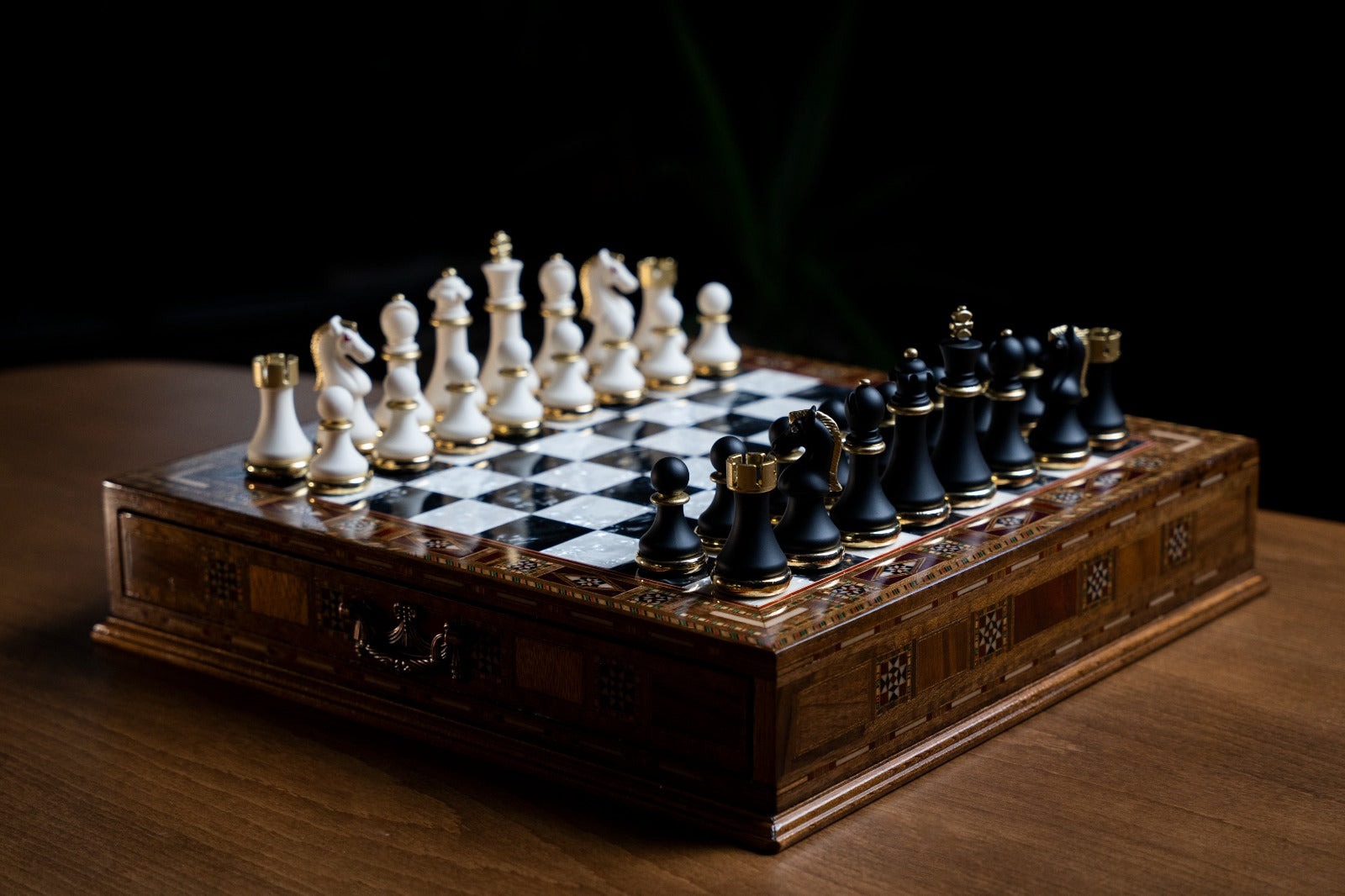


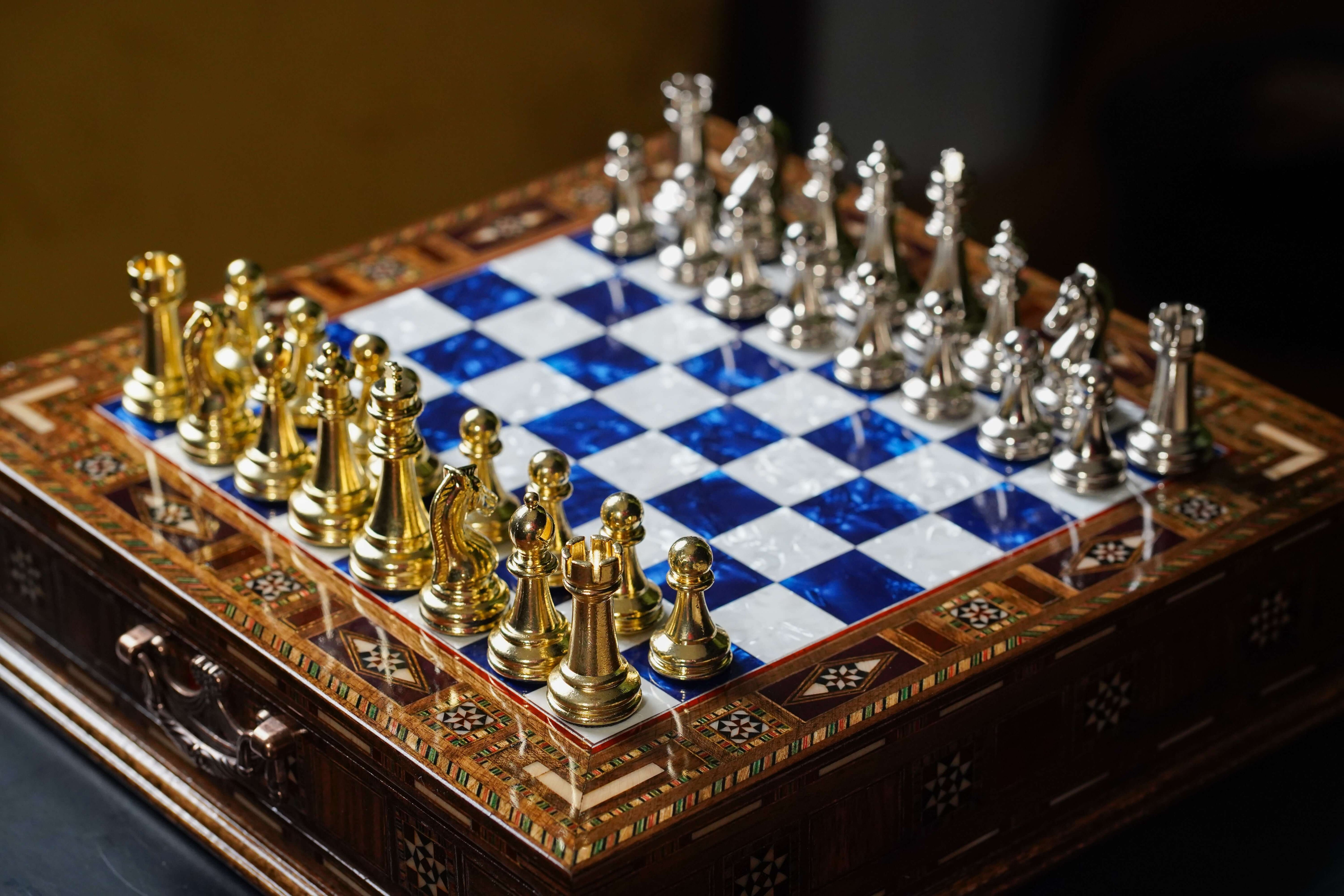

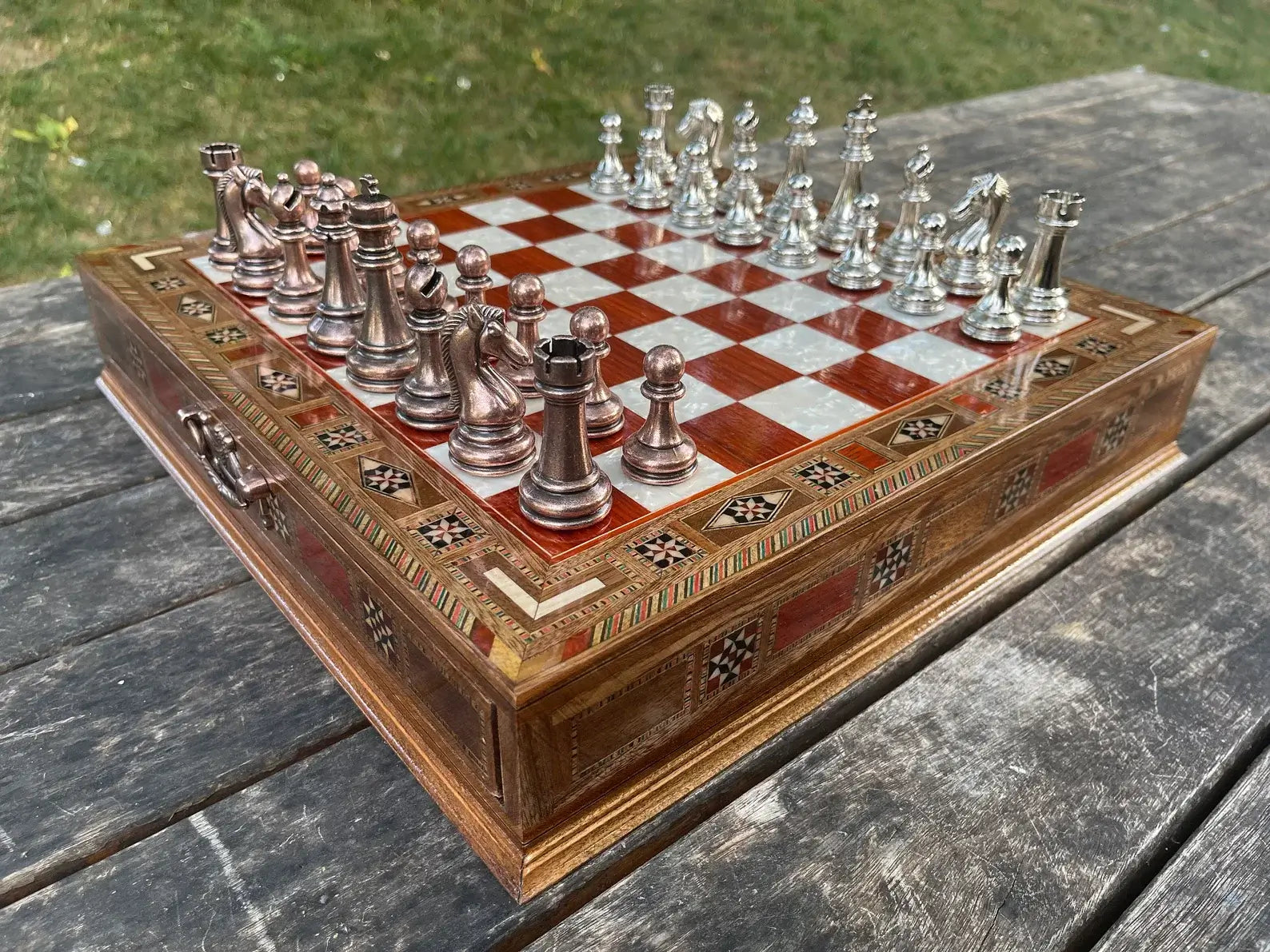
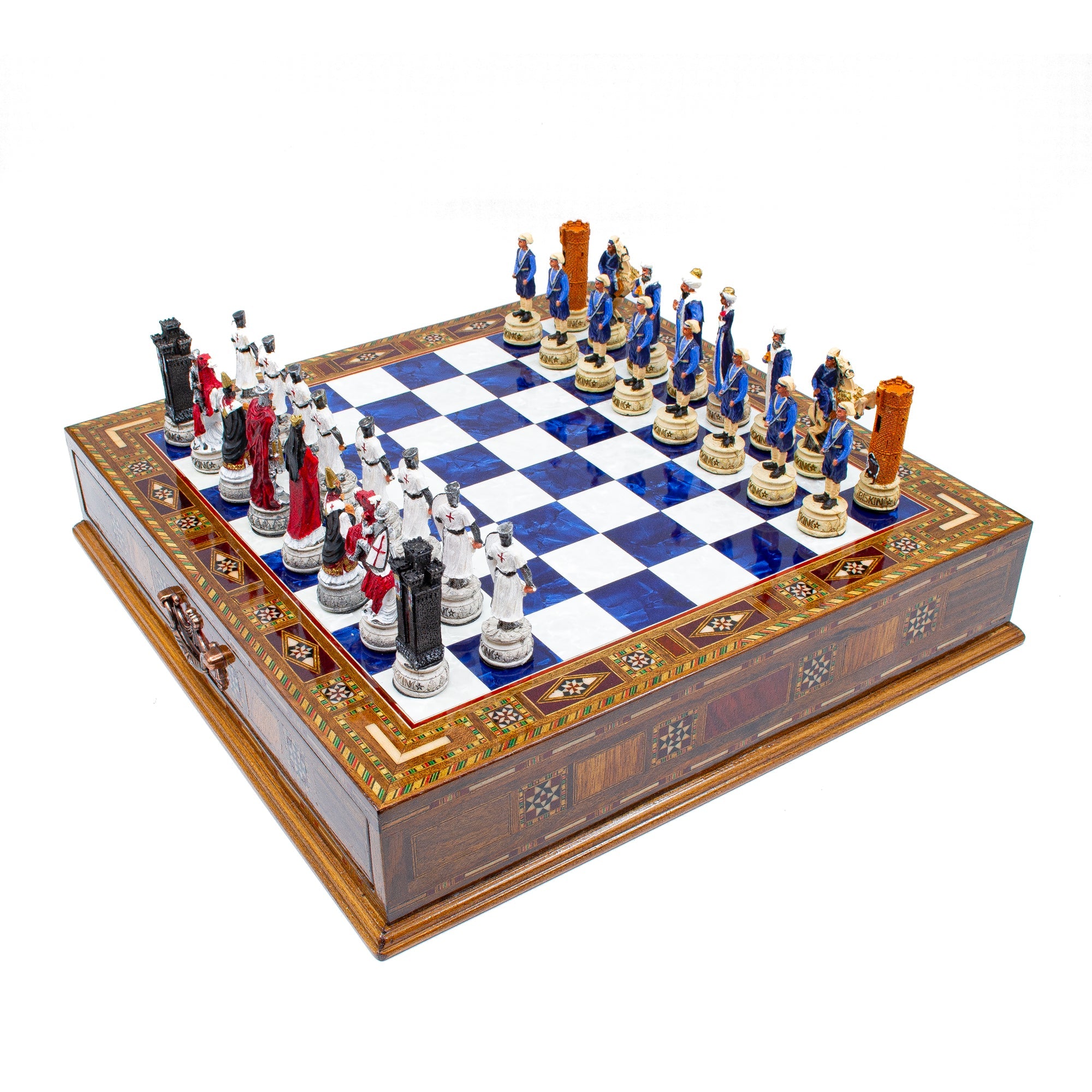
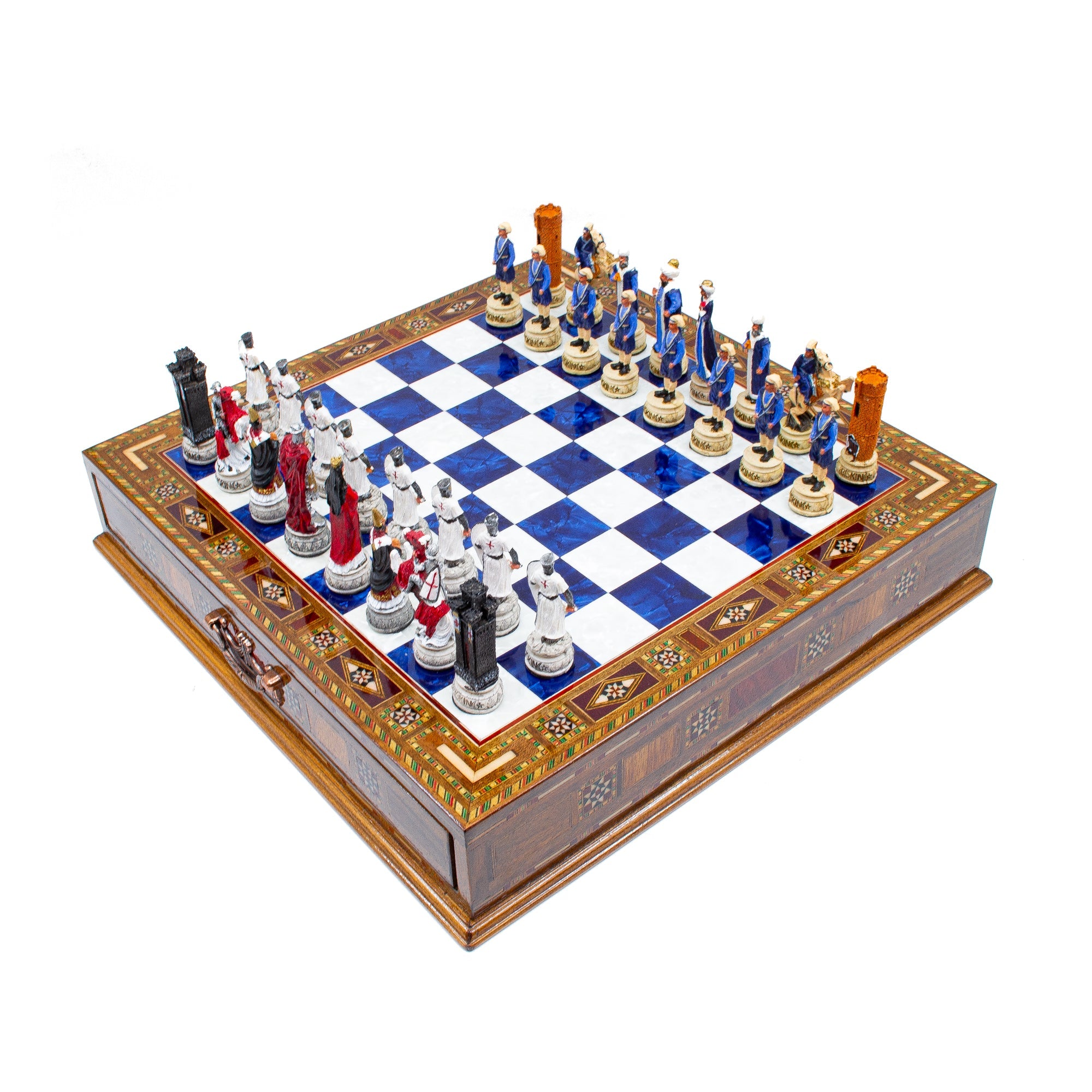
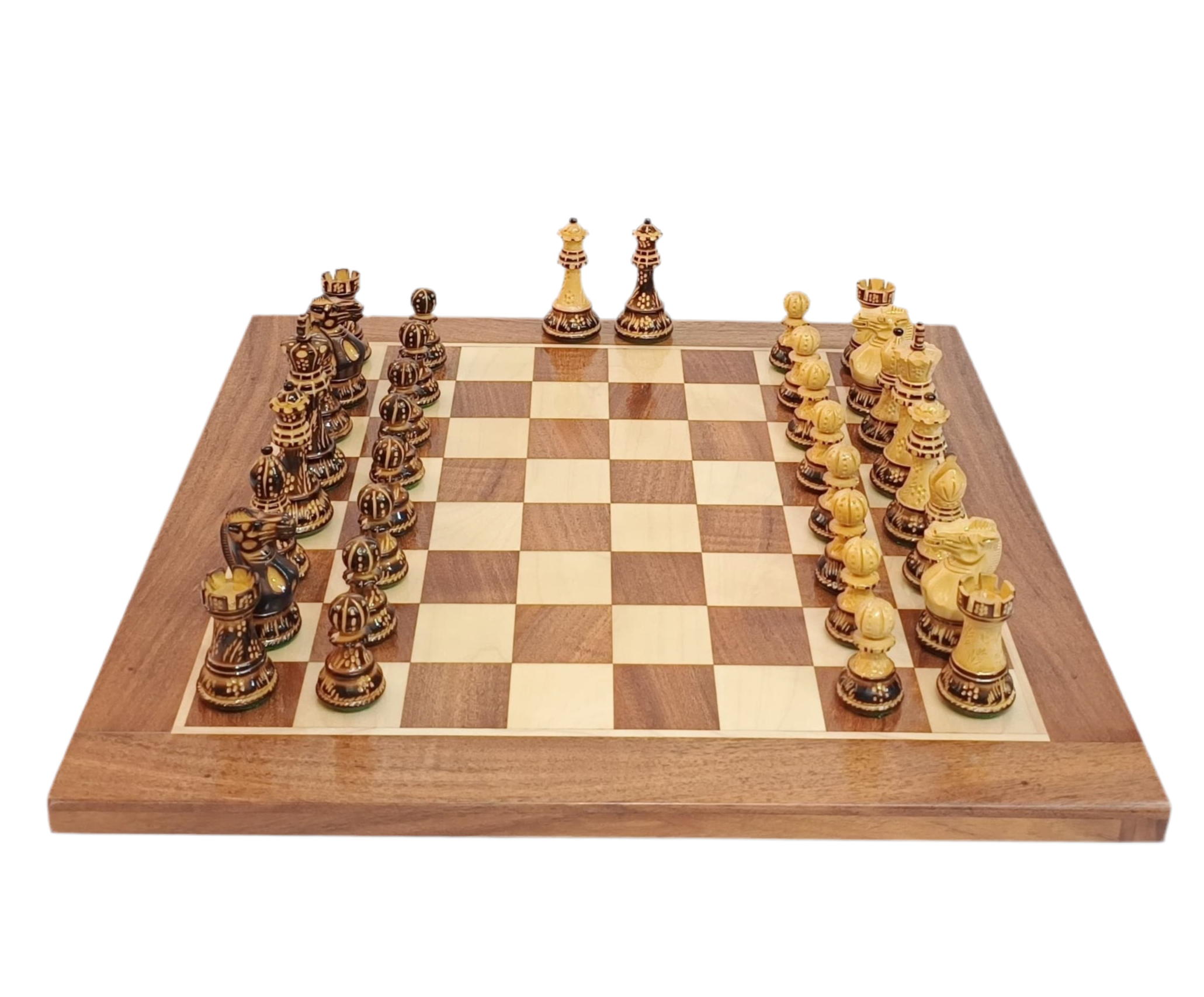
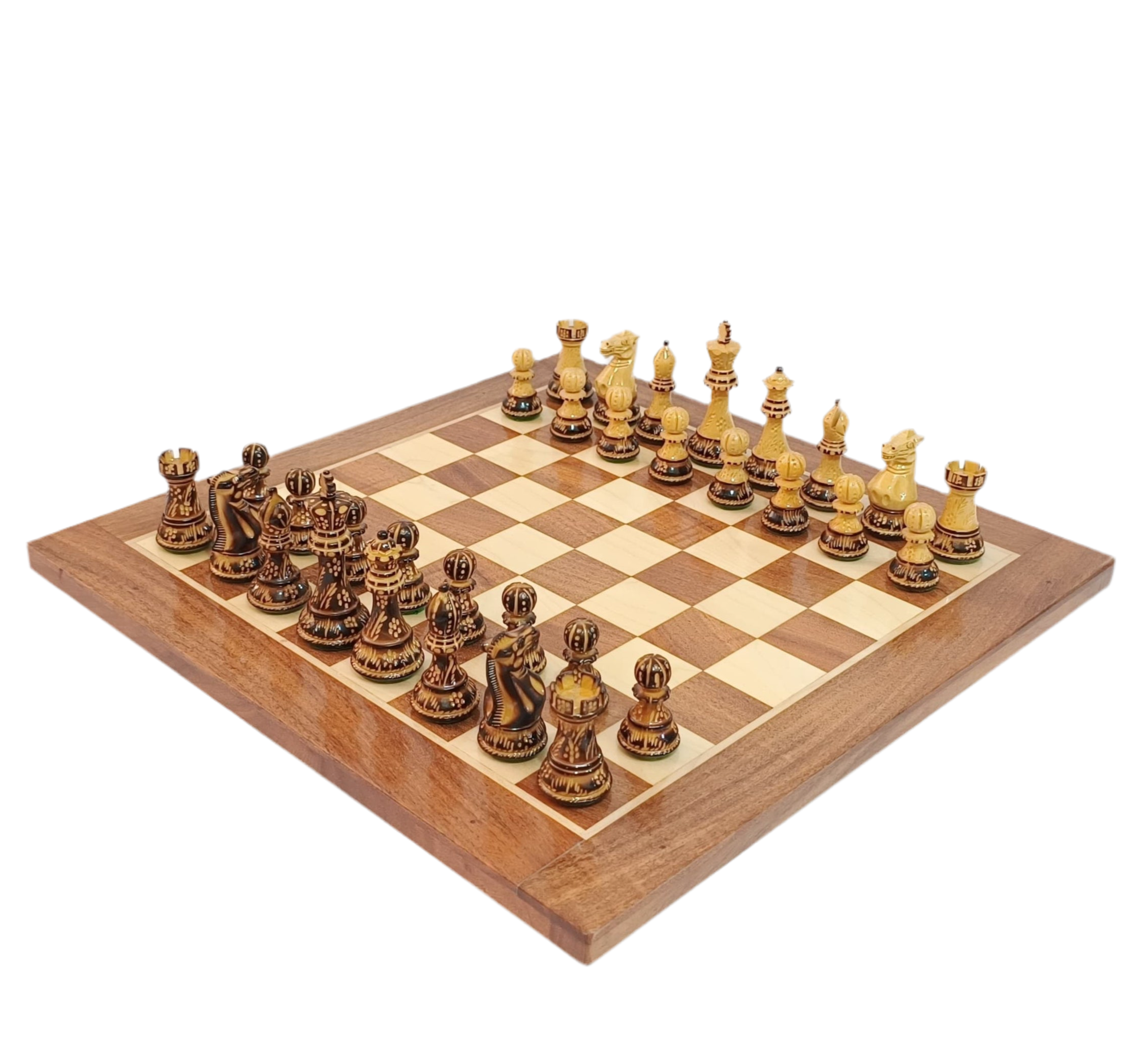
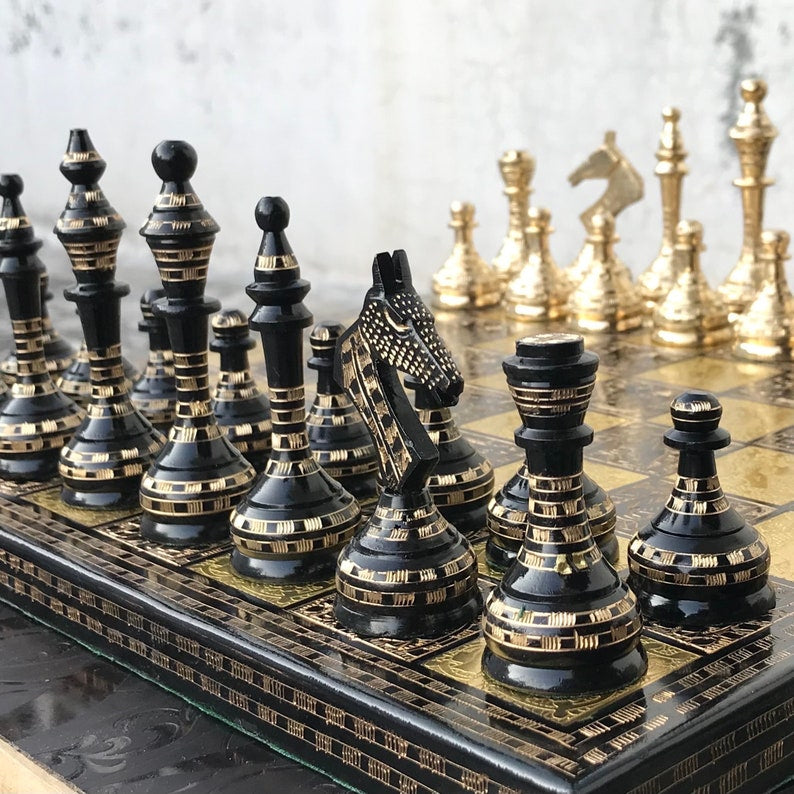
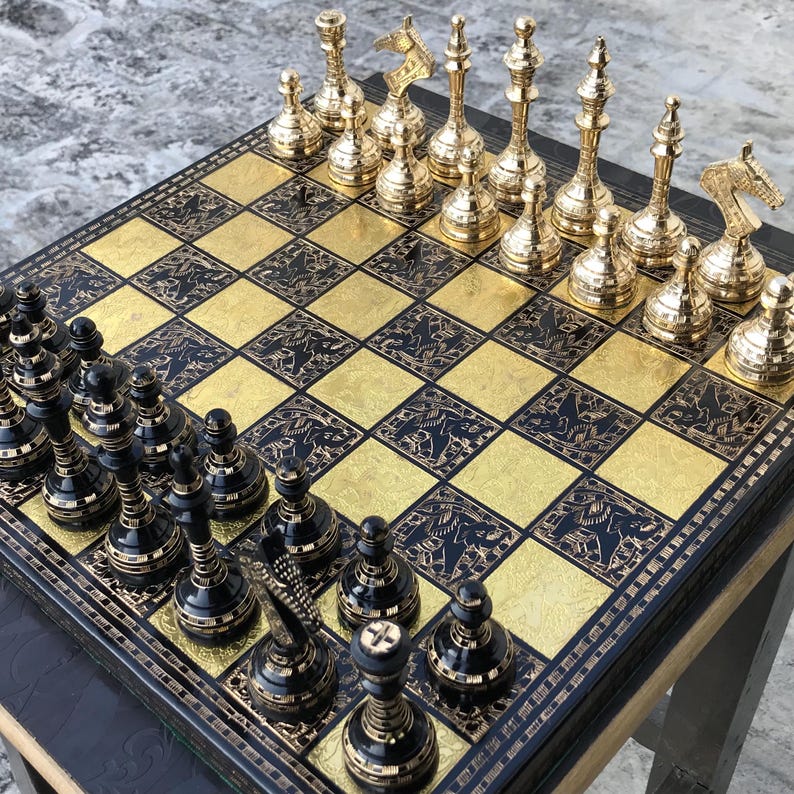


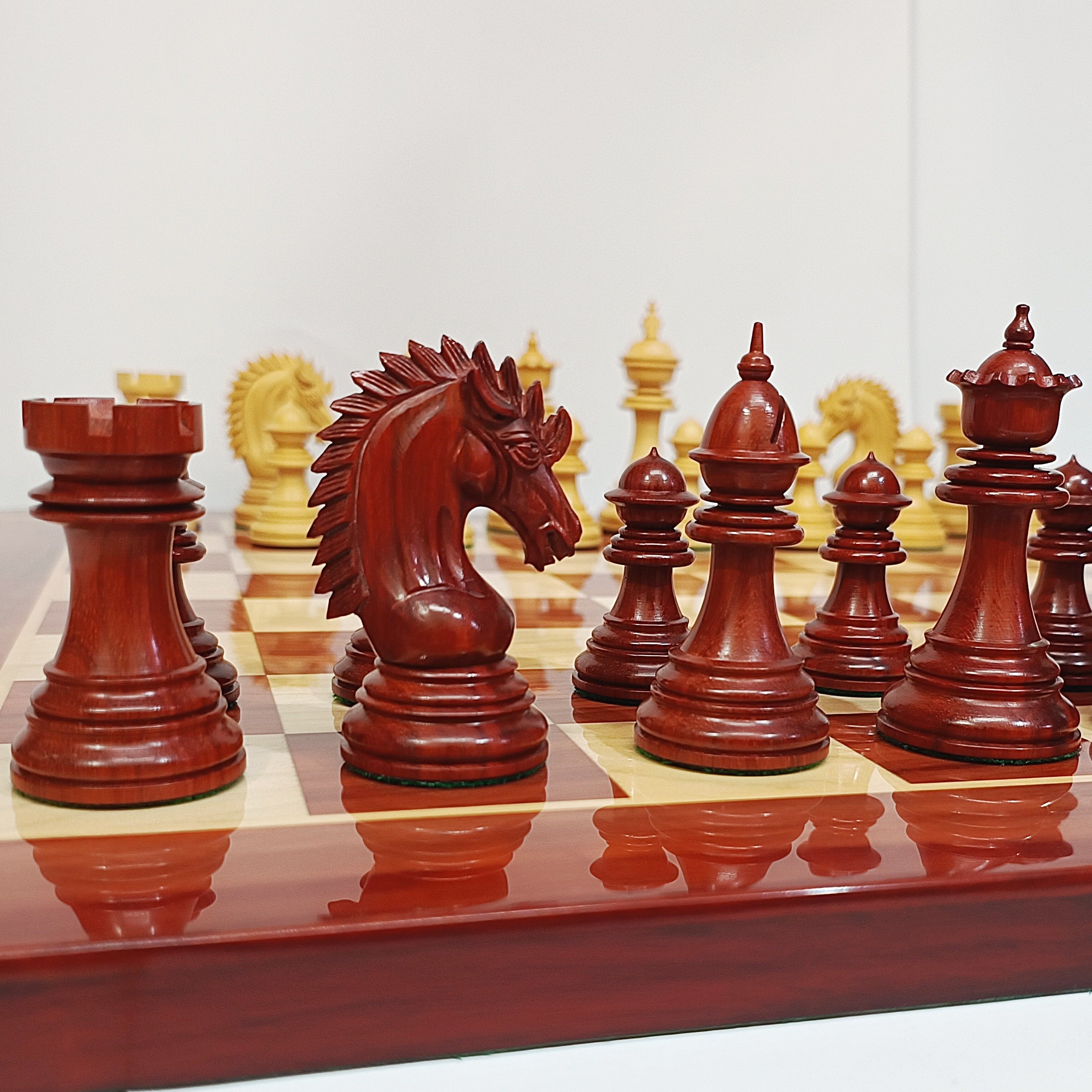
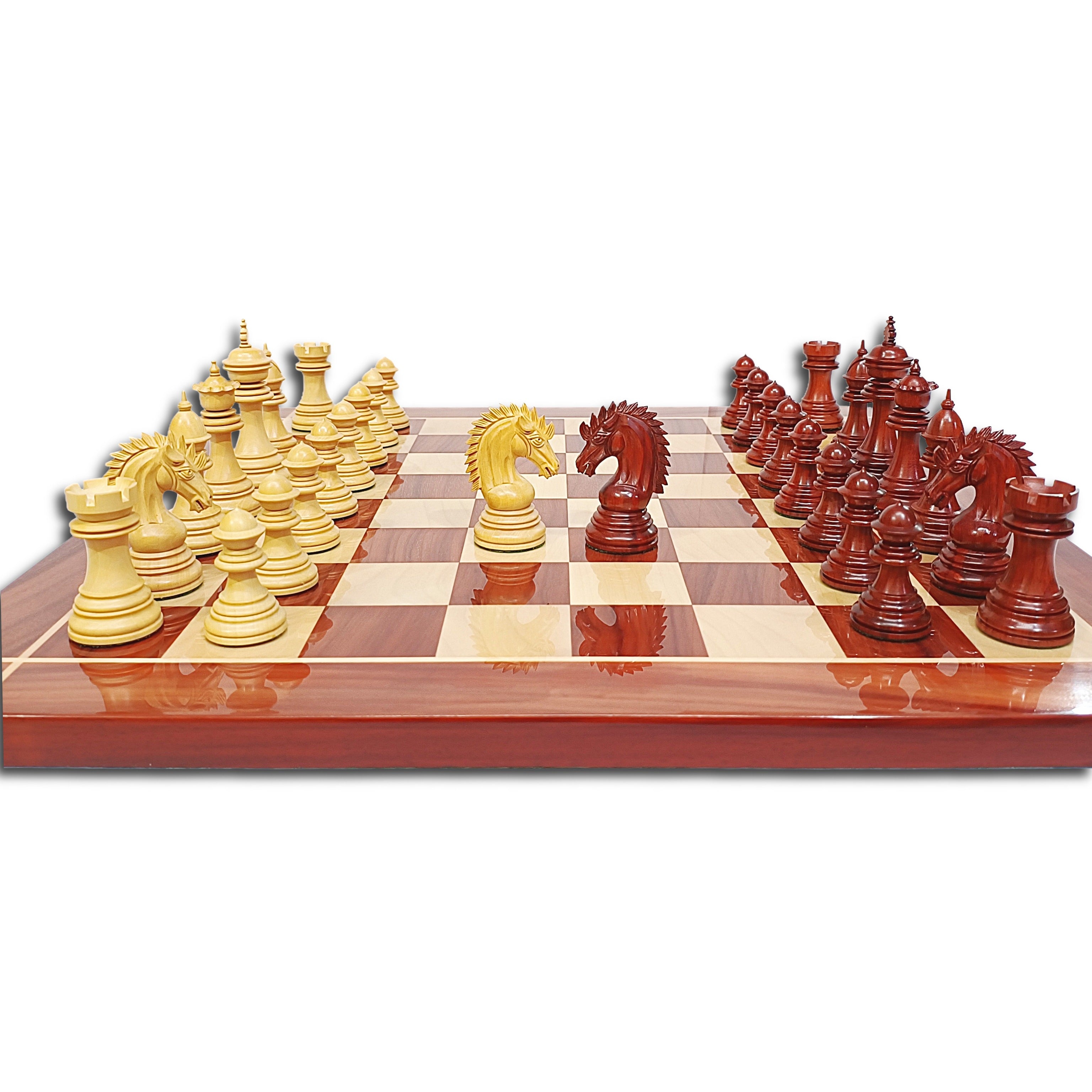
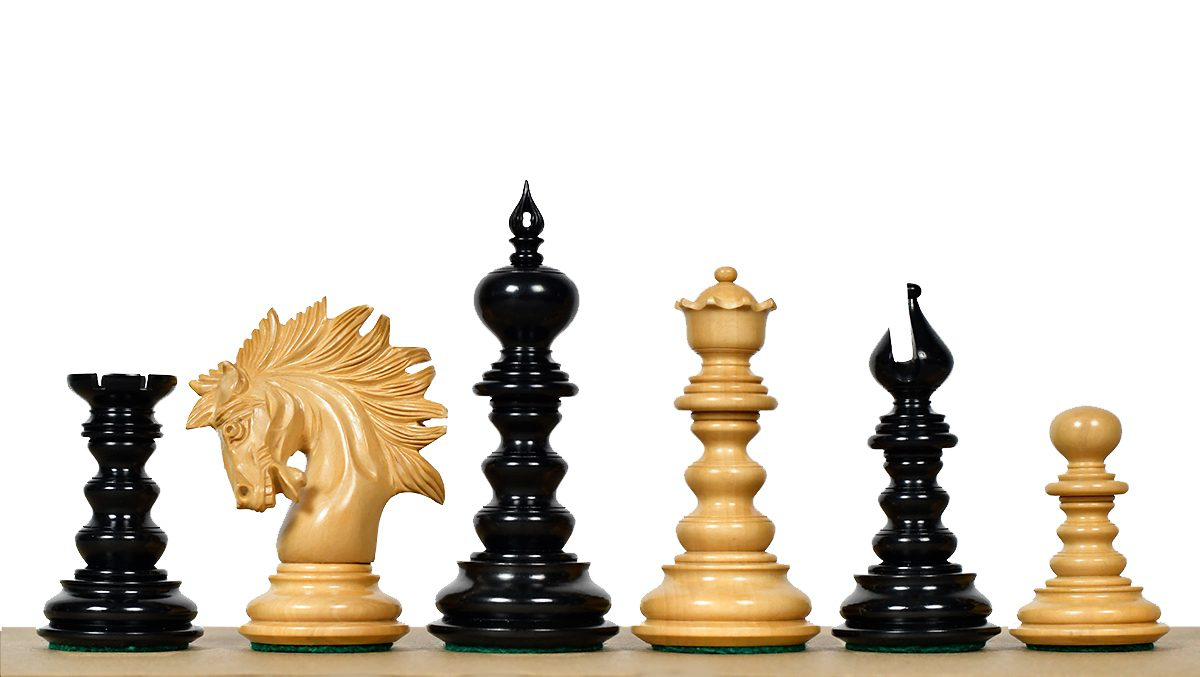
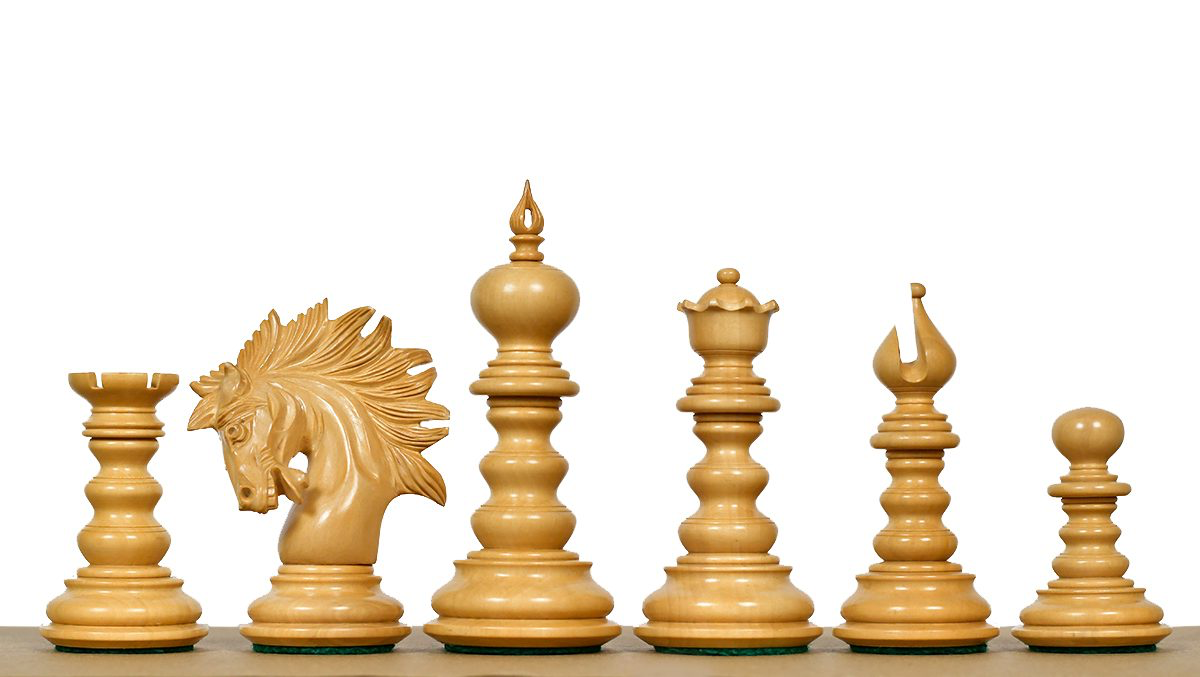
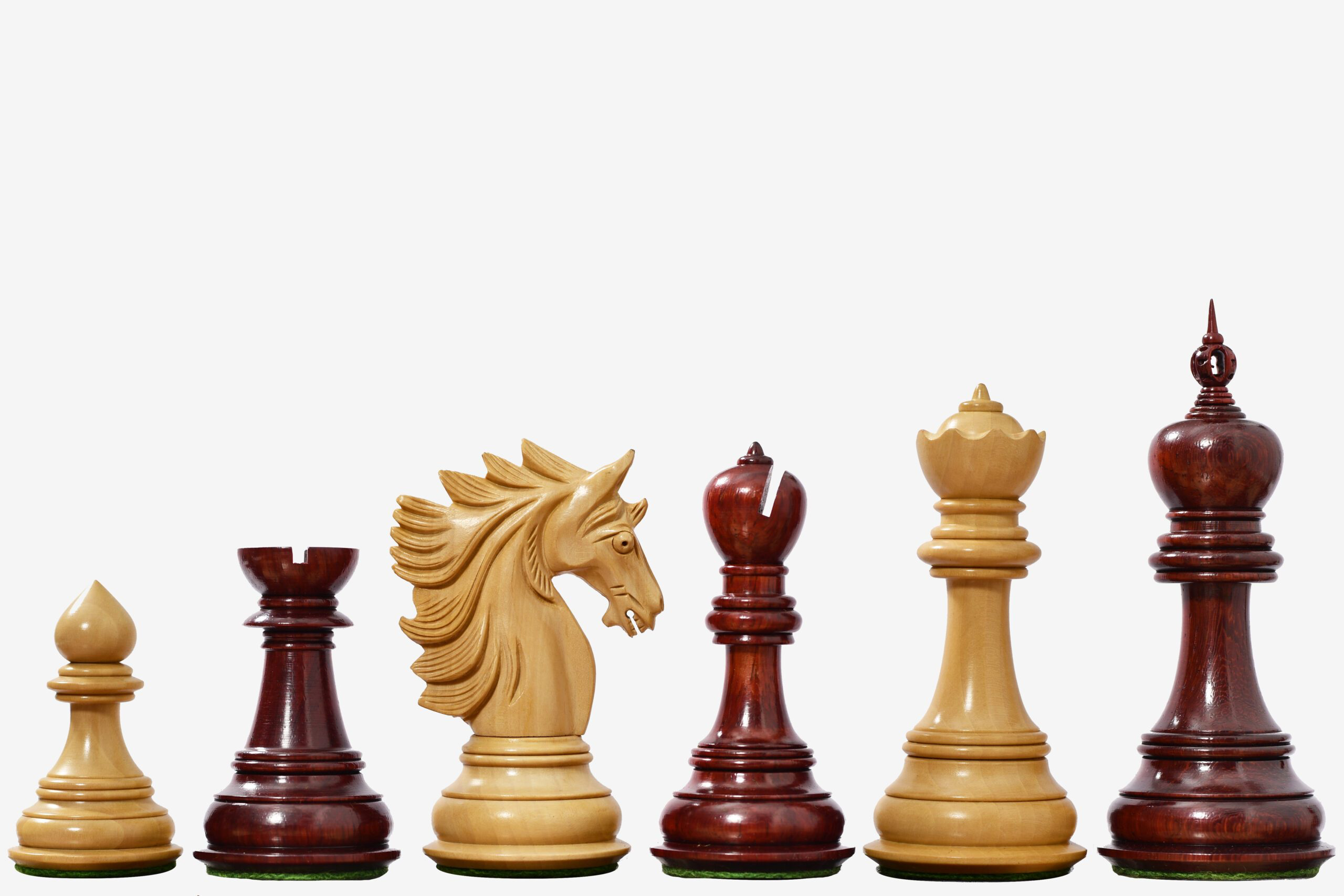
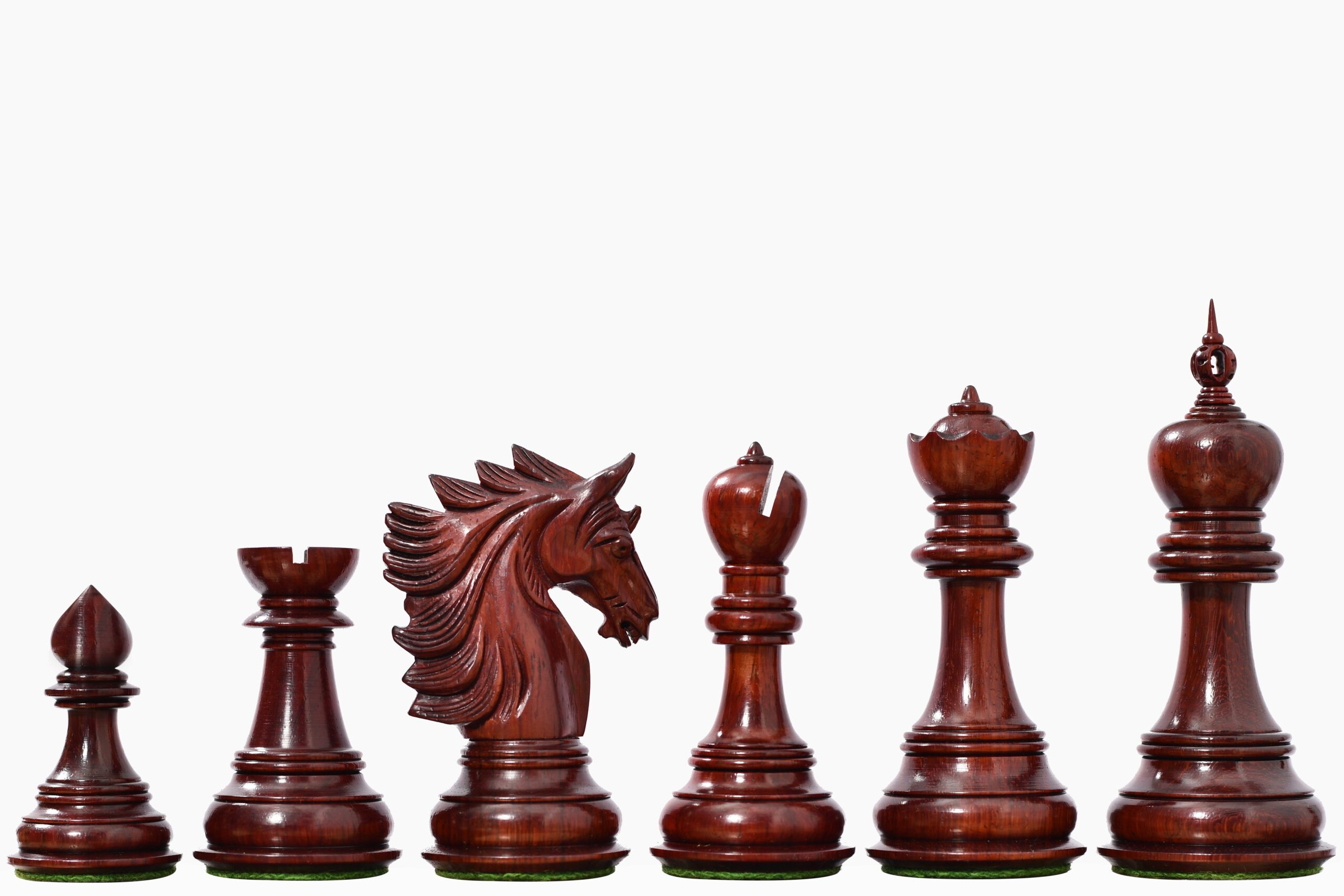
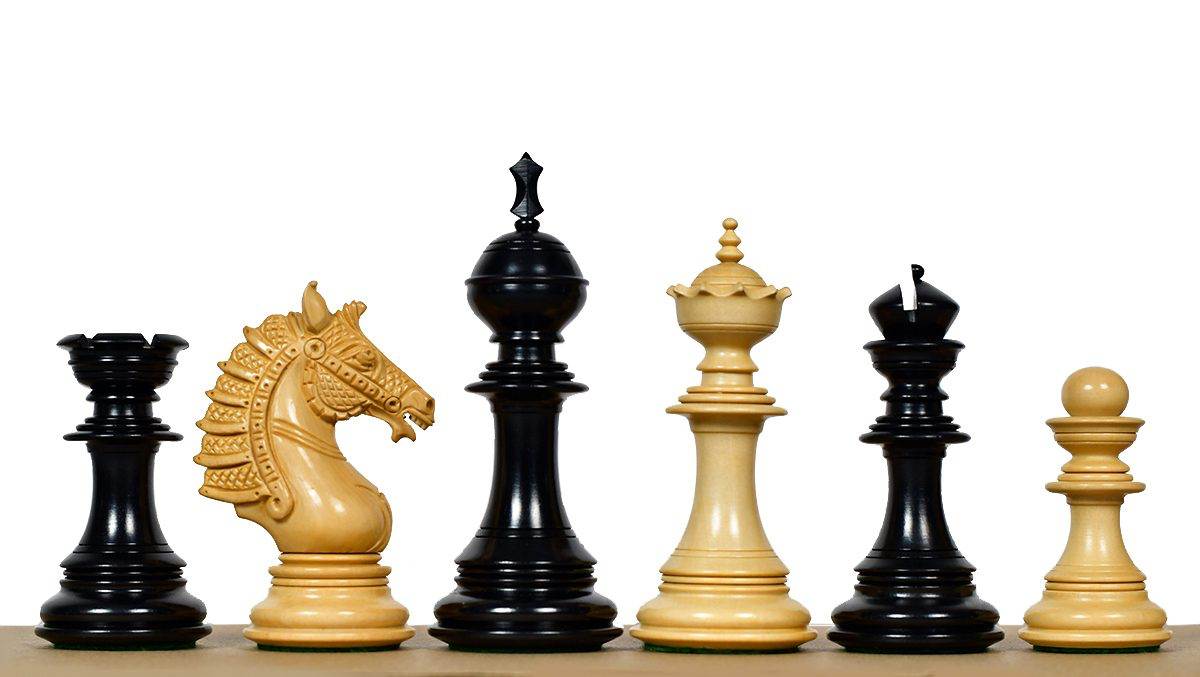
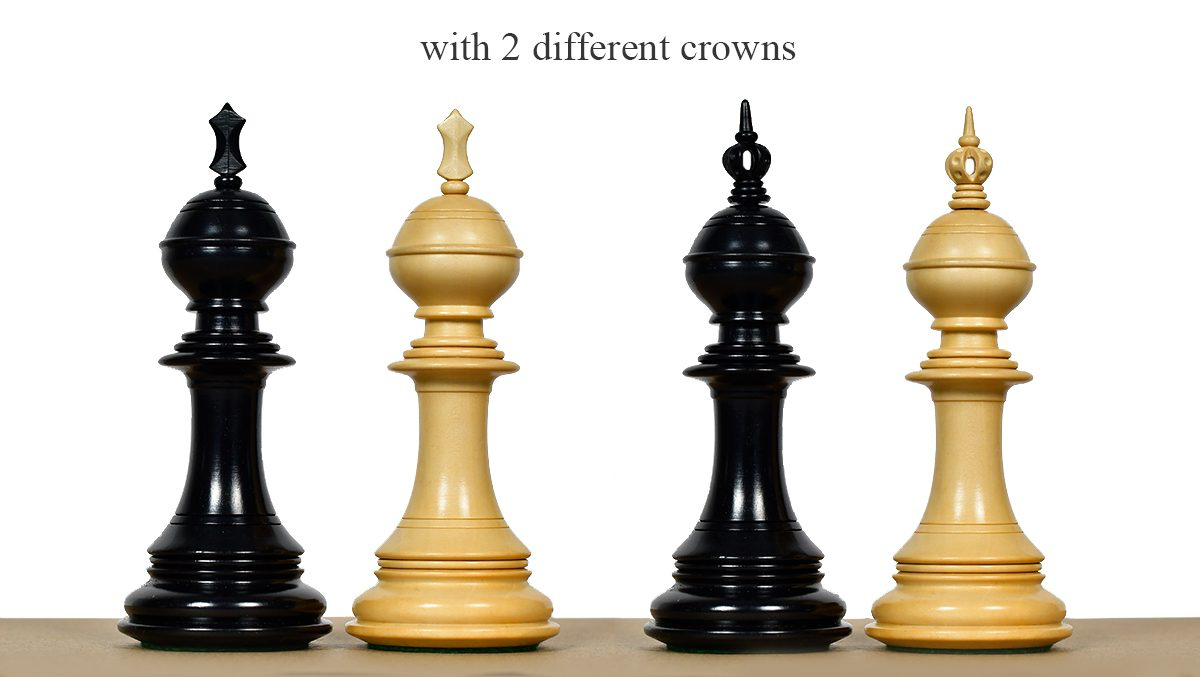
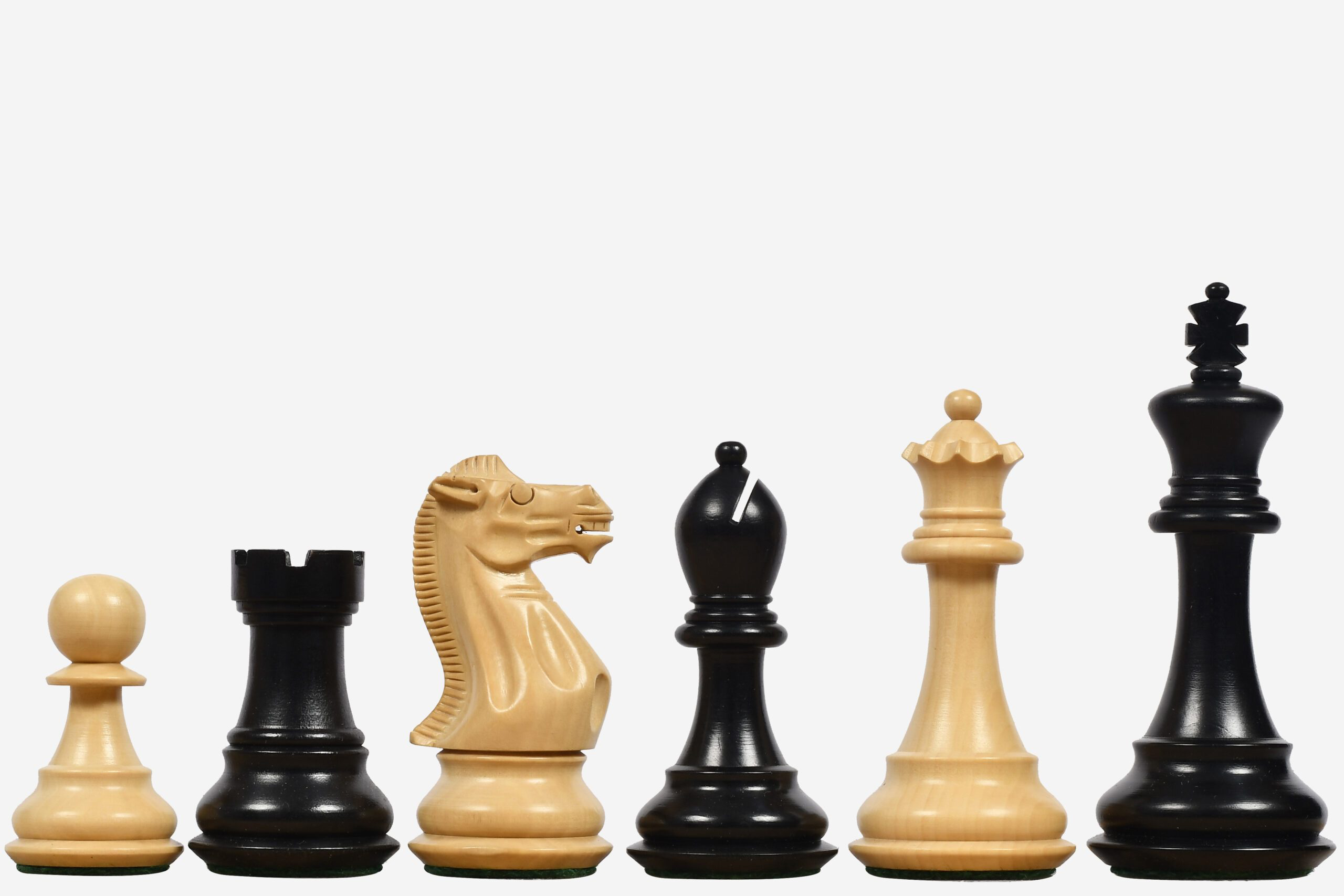
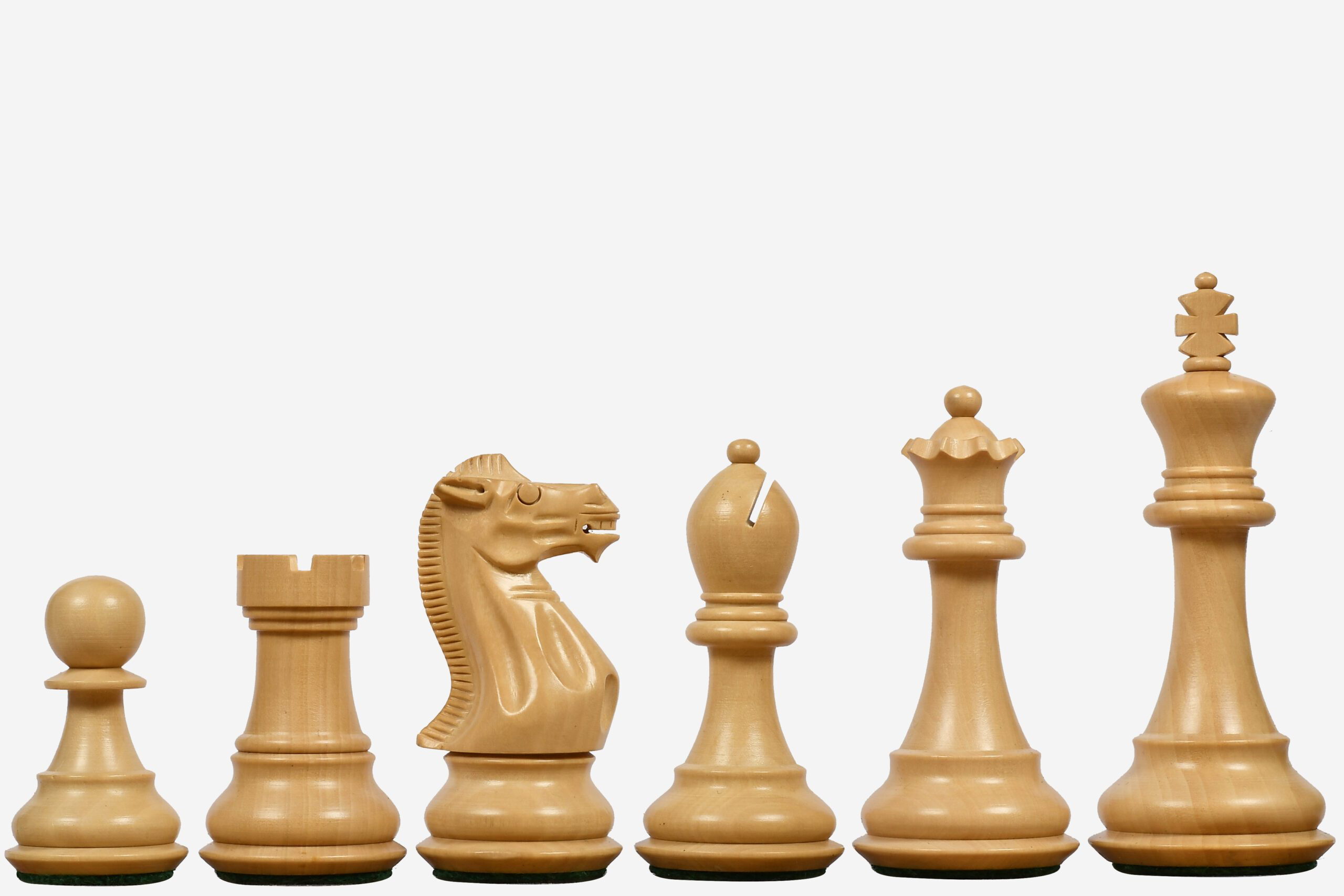
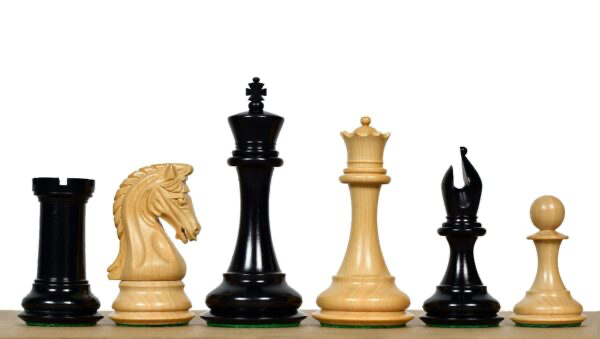
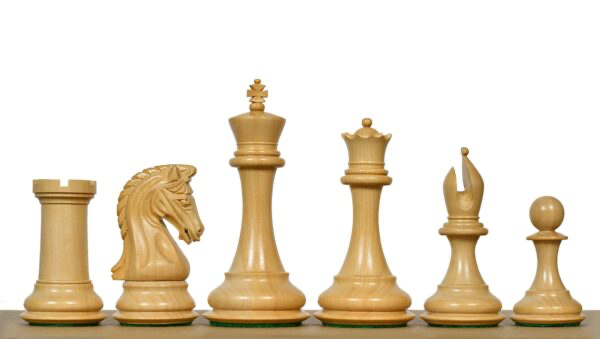
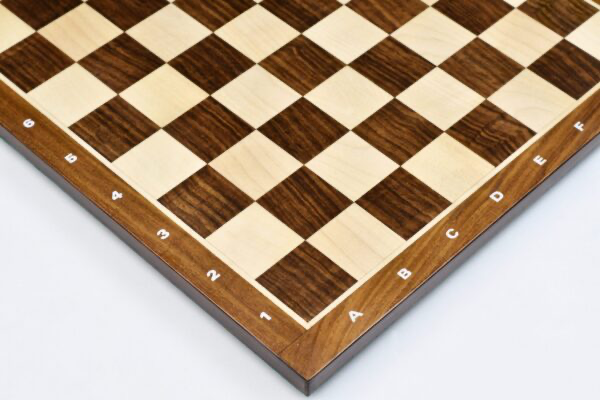
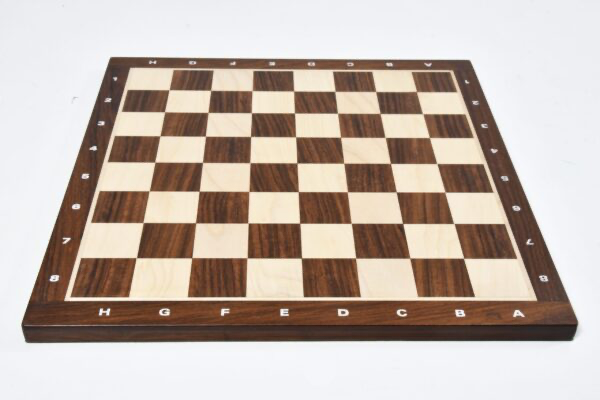
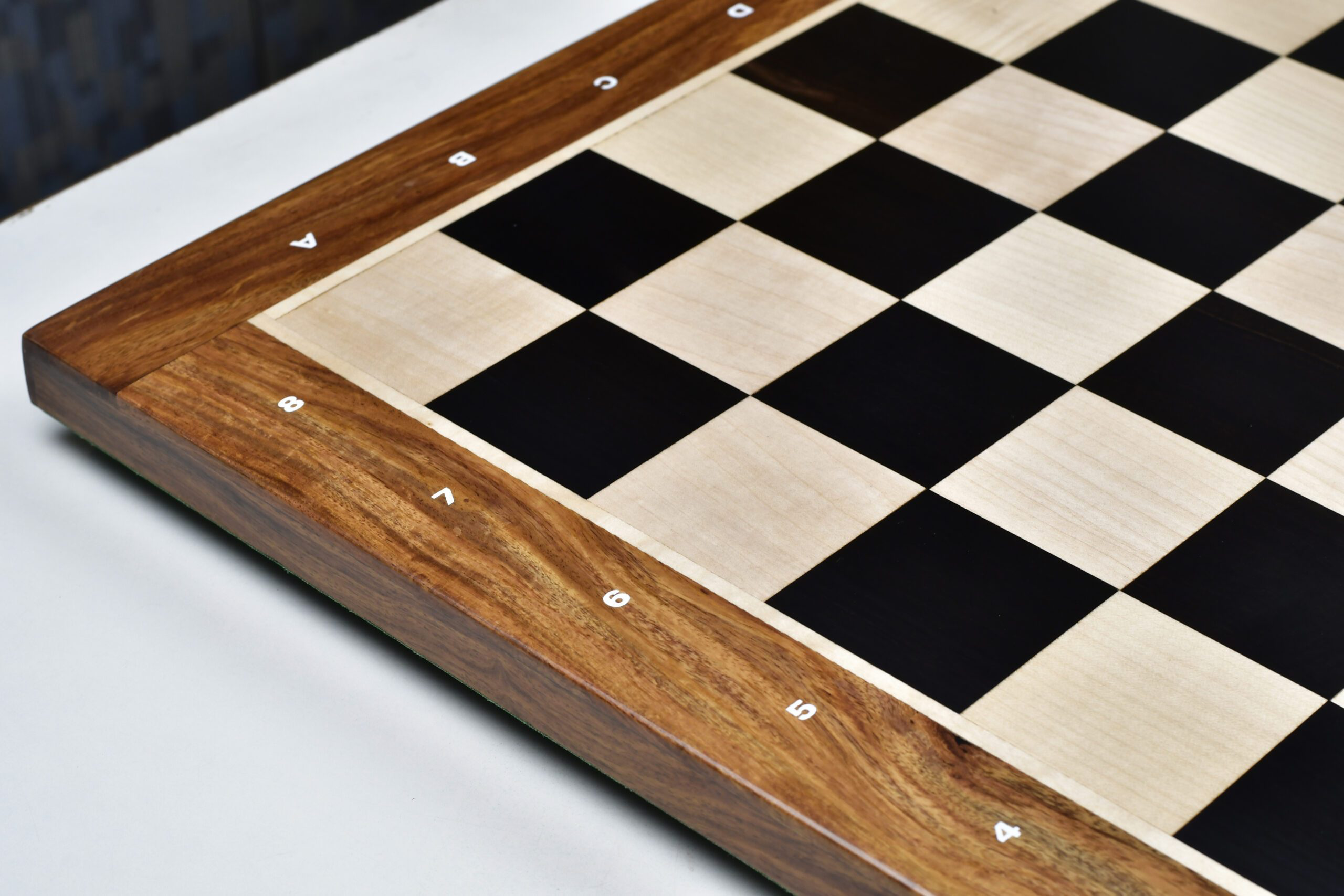
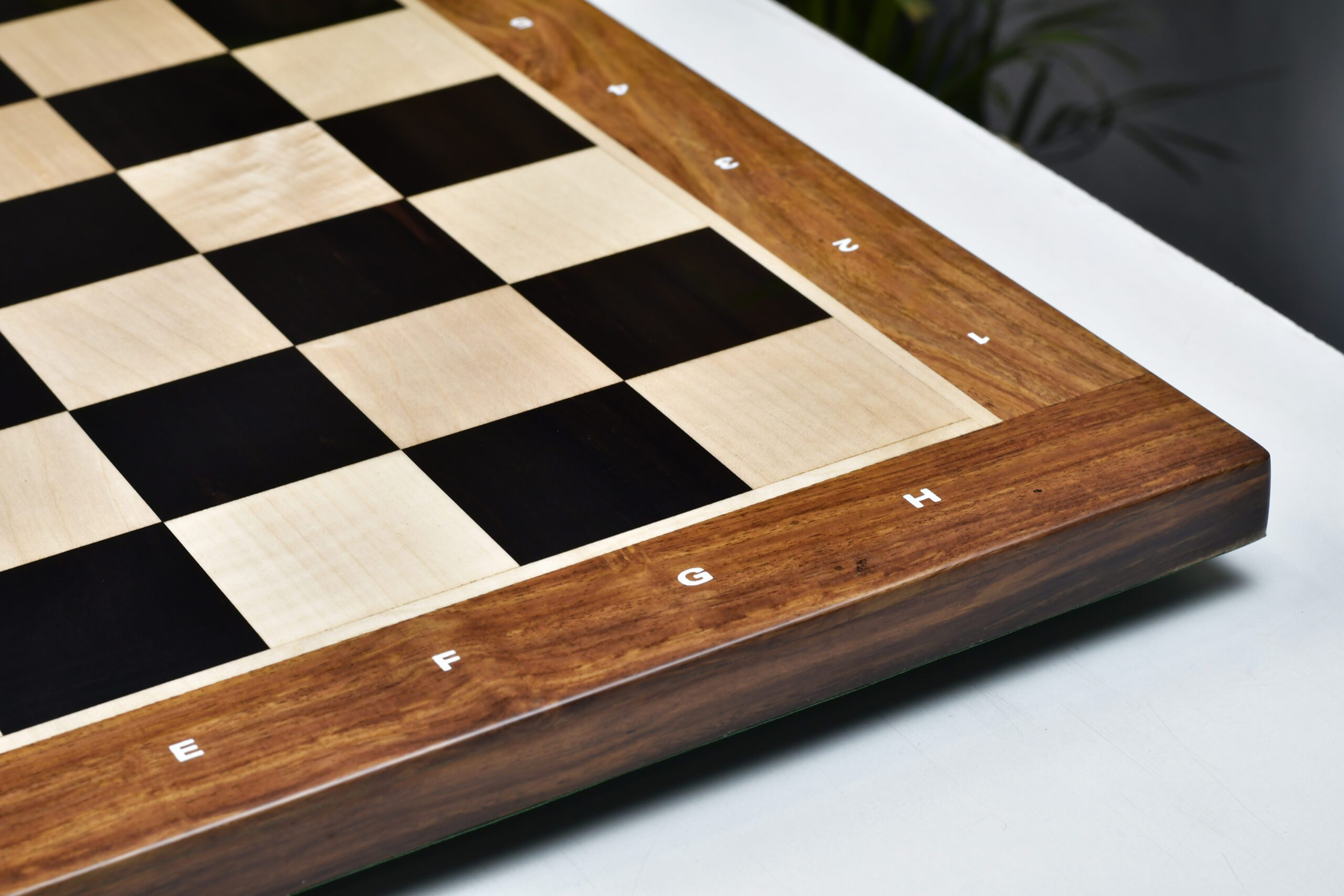
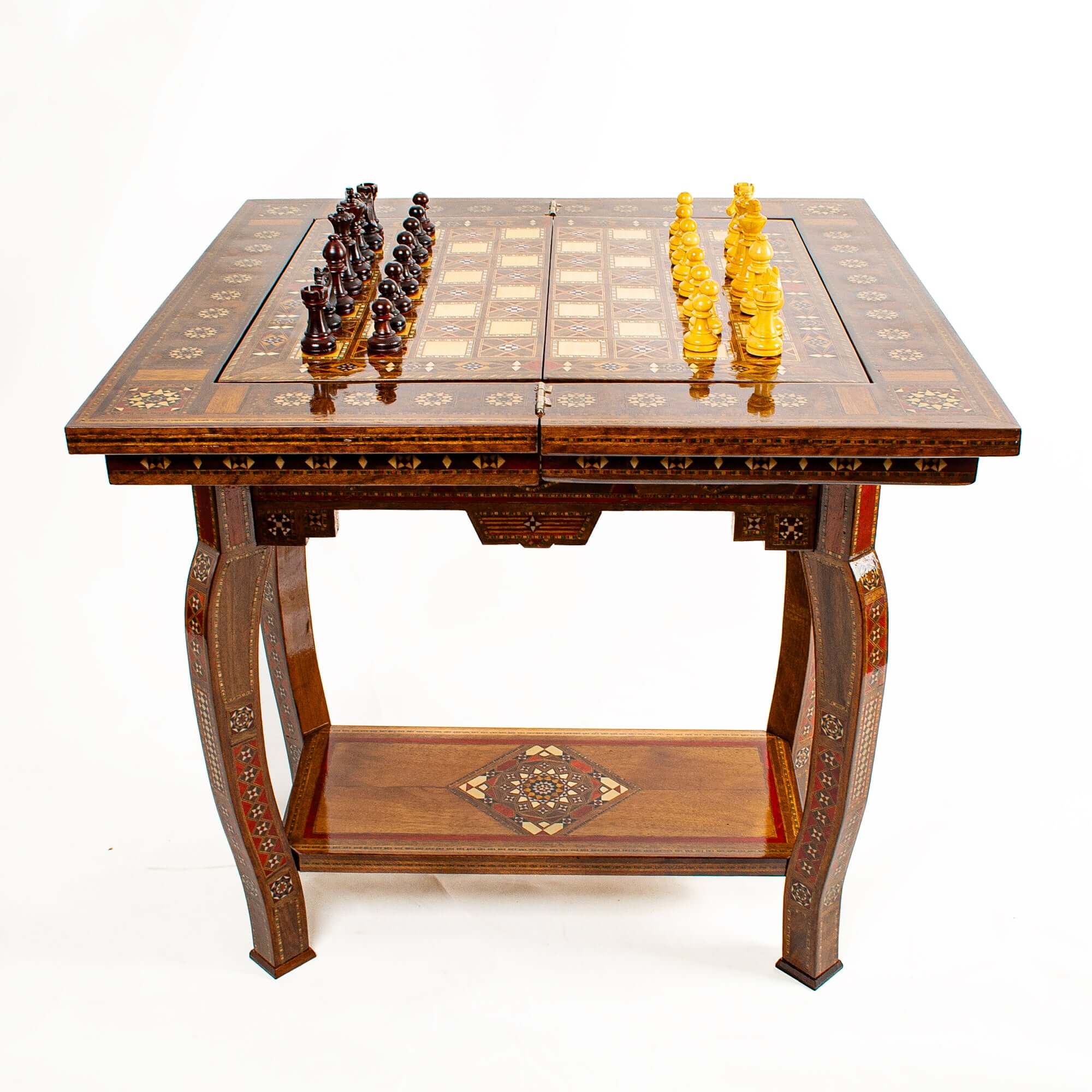

Leave a comment
All comments are moderated before being published.
This site is protected by hCaptcha and the hCaptcha Privacy Policy and Terms of Service apply.